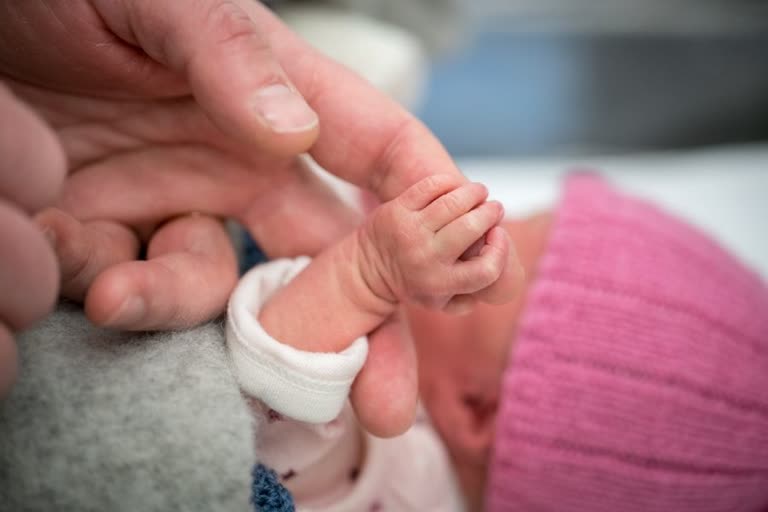A new study from Children's Hospital of Philadelphia (CHOP) is one of the first to empirically measure the extent of this burden on families, with parents and siblings 50 percent to 70 percent more likely than their peers to receive health care for mental and physical health issues, accompanied by medication for these issues, than families of children without a life-threatening condition.
Prior qualitative studies had shown adverse collateral impacts on mental and physical well-being for parents and siblings of infants, children, and adolescents diagnosed with a life-threatening condition (LTC). These studies had shown lower resilience, greater post-traumatic distress, higher emotional distress, and lower overall quality of life, with damaging effects on family life, marriages, social life, finances, and education, among other aspects of their lives that can be impacted by these disorders.
Most studies had not, however, been able to measure the exact impact LTCs have on parents and siblings. Prior studies had been limited by small sample sizes, self-reported outcomes, and is limited to one condition, usually cancer. To address these limitations, CHOP researchers focused on four different types of LTCs that are stressful for patient families: very premature birth, critical congenital heart disease, cancer, and severe neurological impairment.
"As clinicians caring for children with a variety of life-threatening conditions, members of our research group have long known, by bearing witness, that many of the parents and siblings of our patients are adversely affected by the stress imposed due to the presence of a life-threatening condition in the family," said senior study author Chris Feudtner, MD, PhD, MPH, Director of Research for the Justin Michael Ingerman Center for Palliative Care and a core faculty member at the Center of Pediatric Clinical Effectiveness (CPCE) at CHOP.
"We hope that this study brings enhanced awareness of this largely unaddressed problem and starts moving us towards effective responses," he added.
This retrospective study used commercial health insurance data from a single carrier to match families whose child had an LTC with families whose child did not have an LTC based on the age of the children in the study.
The study examined the rates of healthcare encounters (that is, inpatient stay, outpatient visit, telephone consultation), physical and mental health diagnoses, and subsequent medication prescriptions. In total, the study looked at 6,909 cases and 18,619 control children and their families between August 2020 and March 2021.
The study found that mothers of a child with an LTC were, on average, 61 percent more likely to have a healthcare encounter, diagnosis, and/or prescription. For fathers, the rate was about 51 percent. Sisters and brothers had similar rates at 68 percent and 70 percent, respectively.
"Though limited to four specific life-threatening conditions, our study provides critical empirical data specifically measuring the negative impact felt by family members," Feudtner said.
"We hope that this study provides the foundation for more work that offers critical interventions and support for families to help stabilize their mental and physical wellbeing during an incredibly trying time in their lives," he concluded.
(ANI)
Also Read: Cord Blood Storage For A Healthy Future



